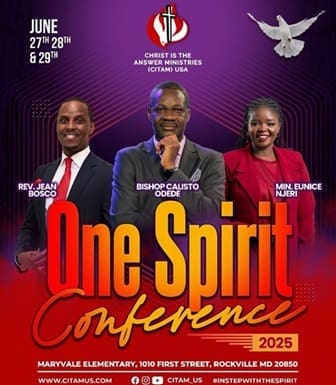ICC shuttle diplomacy: Uhuru’s final push to stop trial

Cabinet secretaries Amina Mohammed (Foreign Affairs), Fred Matiang’I (ICT) and Najib Balala (Mining) are all out there in the final push to win the support of the five permanent members of the UN Security Council (UNSC) for the deferral of the President’s case as requested by the African Union.
Sources disclosed to The Standard on Sunday that Amina has been assigned three permanent members of the UNSC – Britain, America and France. As theICC judges handling the Kenyan cases on Friday gave a reprieve to Uhuru on court appearances, Amina was said to have been in the UK lobbying for support of the Kenyan and AU position on deferral of the cases.
Earlier in the week, she met delegates from the five permanent members of the UNSC – America, UK, Russia, France and China – in Prague, the Czech Republic to lobby them over the deferral request.
Before going to Prague, she held talks with the US Ambassador to Kenya Robert Godec to win support from Washington on the request to defer the Kenyan cases.
Balala is in China engaging with the country’s leadership to stand with Kenya when the matter comes up at the UNSC.
Off to Moscow
And at the time of going to press, Matiang’i was on his way to the Jomo Kenyatta International Airport to catch a flight to Moscow, Russia to convince the Vladimir Putin administration to back Uhuru’s request to the UNSC for deferral of the Kenyan cases.
Matiang’I will deliver a letter from Uhuru to President Putin in Moscow tomorrow at 1 o’clock.
After the Moscow engagement, Matiang’I is scheduled to join Amina in London to continue with the diplomatic push.
President Kenyatta is expected at the ICC in three weeks time to face charges of crimes against humanity.
He is charged with murder, rape and forceful displacement of population in Naivasha and Nakuru areas after the 2007 presidential elections.
Uhuru has mounted an intensive campaign to stop his appearance at the court when he is in office serving as President.
On Friday, the ICC exempted the President from continuous presence in the court during his trial.
In the ruling, the judges asked Uhuru to be present at the opening and closing sessions and also anytime victims will be testifying.
The new twist followed a resolution by African Union leaders stopping the court or any tribunal from indicting a sitting president or a person acting in that capacity.
The AU also asked the UN Security Council to defer the cases before November 12, the day Uhuru is expected to appear in court, failure to which it will convene another extra ordinary summit to chart the way forward.
It now appears the government will continue pushing for the stopping of the case against the President despite the court ruling on Friday.
“The prosecution has always insisted that the case is about individuals and not the presidency. So what changed? It is too little too late,” said a senior government official.
Asked if the team led by Cabinet Secretary Amina Mohammed will now return home after the ruling, he said the AU voice was directed at the United Nations Security Council and not the ICC.
He further argued that the prosecution could line up victims just to make sure that the President is tied down in court for a long time.
Supporting the Jubilee government position, Prof Peter Kagwanja, the President of the African Policy Institute, argues that the ICC ruling and the AU’s push for a deferral by the UN are distinct .
“The deferral push by the AU through the UN is addressing a specific agenda, that Africa wants a re-look at Heads of State immunity.
“It’s to all Heads of State the world over, but ICC has taken it away from African leaders by targeting this continent,” Kagwanja told The Standard on Sunday.
He views the ICC ruling in relation with an application that had been made by President Uhuru Kenyatta, and that the court is within its mandate to make such a ruling, which has no bearing on what the AU is pushing for.
Kagwanja insisted that the UN should approve a deferral of the ICC cases on a 12-month renewable basis.
“Files of criminal nature never close and you wonder why ICC wants to use short-cuts instead of waiting for the deferral. Such files can remain open even for a century.
“ ICC can wait until 2017 and may be by then, the world would have found other avenues of solving the Kenyan problem,” said Kagwanja.
But Dr Adams Oloo, the Head of Political Science and Public Administration at the University of Nairobi, differs with Kagwanja on what is expected to follow.
He believes that the ICC Chief Prosecutor Fatou Bensouda will most likely have to appeal against the ruling on the Uhuru case.
“My guess is that by next week she would have appealed. If she does not appeal, then that makes null and void the rejection of Deputy President William Ruto’s application to skip some sessions as well,” argued Oloo.
Oloo, however, agrees with Kagwanja that the ICC ruling and the deferral quest are two separate issues.
“The deferral quest will continue and has a 50-50 chance of going through depending on how permanent UN Security Council members will vote,” said Oloo.
However, an International Relations expert sees a direct link between the ICC reprieve for President Kenyatta and the AU petition to be presented to the UN Security Council.-standardmedia
ICC shuttle diplomacy: Uhuru’s final push to stop trial








